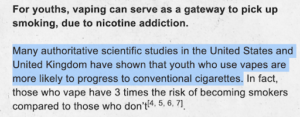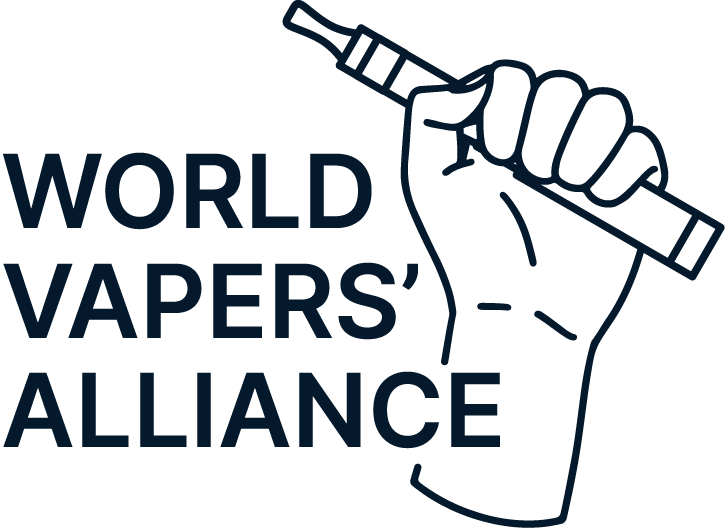Este surprinzător - și puțin înfricoșător - să dai peste aceleași vechi argumente anti-vaping într-un comunicat de presă al Ministerului Sănătății din Singapore din iulie 2013. După peste un deceniu, încă auzim afirmații identice, în ciuda cercetărilor ample care arată că vapingul este mai puțin dăunător decât fumatul și eficient ca instrument de renunțare la fumat. Iată o privire asupra unor argumente învechite care refuză să dispară:

În 2013, Ministerul a declarat, “Rămânem prudenți, deoarece nu există dovezi științifice concludente care să demonstreze eficacitatea țigărilor electronice în a ajuta fumătorii să renunțe la consumul de tutun.” Sună cunoscut? Din păcate, Ministerul Sănătății din Singapore încă face această afirmație astăzi, afirmând că “Fumătorii care au folosit țigări electronice pentru a se lăsa de țigări au avut mai puține șanse de succes decât cei care au folosit adjuvante farmaceutice sau nu au folosit niciun produs.” Este uimitor că zece ani de cercetare, inclusiv studii care demonstrează eficacitatea vapatului, par să nu fi avut niciun impact.

Iată câteva descoperiri recente:
- Aycock și colab. (2023) a constatat că persoanele care folosesc vapingul special pentru a renunța la fumat au rate de abstinența pe un an mai mari în comparație cu cele care îl utilizează din alte motive.
- Hajek și colab. (2019) s-a concluzionat că vapatul este de două ori mai eficient decât terapiile tradiționale de înlocuire a nicotinei (NRT) pentru renunțarea la fumat.
Și mai sunt multe. În 2013, Singapore a avertizat că “Țigările electronice ar putea fi o poartă de acces către dezvoltarea obiceiului de a fuma, în special în rândul tinerilor.”

Totuși, un deceniu mai târziu, studiile arată în mod constant că vapatul nu servește drept poartă de acces către fumat. De exemplu:
- Lee, Coombs și Afolalu (2018) a analizat cincisprezece studii, fără a găsi dovezi ale unui “efect de poartă de acces” și subliniind alți factori precum anxietatea și obiceiurile părinților de a fuma ca influențe cheie asupra comportamentului tinerilor.
- Meza, Jiménez-Mendoza & Levy (2020) a dezvăluit că ratele fumatului în rândul tinerilor au scăzut chiar dacă vapatul a crescut, fumatul adolescenților atingând minime istorice în SUA.
În ciuda tuturor acestor lucruri, Singapore încă susține că “Tinerii care folosesc țigări electronice sunt mai predispuși să treacă la țigările convenționale.”

În acest moment, este corect să ne întrebăm dacă aceasta este ignoranță voită. Cu un deceniu de cercetări care arată beneficiile vapatului ca alternativă mai sigură și instrument eficient de renunțare, este momentul ca politicile să reflecte realitatea, nu temerile depășite. Și poate că, dacă tot suntem acolo, Singapore ar putea, de asemenea, să își reconsidere interdicția privind guma de mestecat.
Dacă ești interesat de informații concrete despre vaping și reducerea riscurilor, consultă fișa noastră informativă: https://worldvapersalliance.com/harm-reduction-vaping-fact-sheet/








Un răspuns